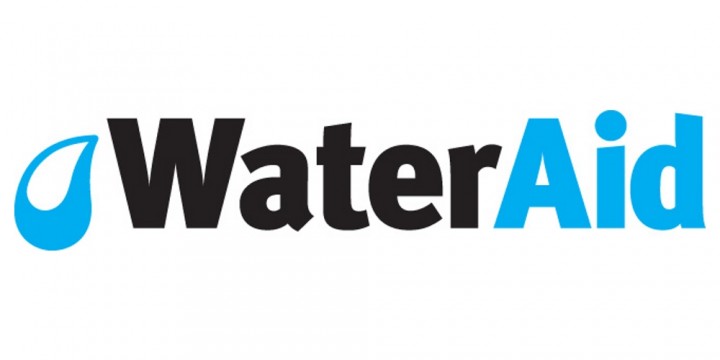Kasungu Deliver Life Project - WASH and MNH (Malawi) This project aims to contribute towards the reduction of maternal and neonatal health through improved access to sustainable and inclusive WASH services both at targeted health facilities and its surrounding communities of Kasungu district in Malawi .
Malawi is among the low income countries that lack a dedicated plan for improving WASH in health facilities. While progress has been made, Malawi’s maternal mortality still remains one of the highest in Africa at 675 deaths/100,000 live births and infant mortality ratio (IMR) of 79 deaths/100,000, live births with sepsis accounting for 17% maternal deaths and 38% of neonatal deaths. Spread of infection in the very place where patients seek care erodes the trust that people have in the health care system and compromises efforts to reduce maternal and neonatal mortality and morbidity.
The Ministry of health in Malawi does not systematically monitor the status of WASH in health facilities making availability of information and prioritisation of WASH a challenge. This has resulted in a general lack of investment in infrastructure and human resources, poor maintenance of existing infrastructure and weak enforcement of WASH standards in both government run and private hospitals. A rapid assessment of eight health centres carried out by WAMA in Nkhotakota and Kasungu districts revealed a general lack of safe water sources, inadequate latrines; placenta pits and incinerators for the disposal of medical waste despite some of the health facilities conducting as many as 50 deliveries per month. This situation seriously compromises the dignity and safety of women who are subjected to using both very unhygienic and un-safe sanitation or hygiene facilities that often offer no privacy and put their lives at risk of infection. Women are at times forced to defecate in the open during labor thus degrading the process of bringing life on earth. This project will also seek to understand other factors other than WASH that hinder women from delivering in the health facility. We believe that these findings will inform our policy and advocacy work.
The project is being implemented by Kasungu based WaterAid Partner, Evangelical Lutheran Development Services (ELDS) who will implement interventions at Health facility and community levels in collaboration with government front line staff. The District council will provide the provide leadership for overall WASH planning, policy guidance, and resource targeting and standards compliance.
The project outputs include:
• 6 health facilities with inclusive WASH infrastructure and will also promote safe health hygiene practices.
• 1440 pregnant women and mothers accessing inclusive WASH facilities at health facility level.
• 60 health staff trained in WASH and MNH and district reporting improved investment in WASH in health facilities.
• Construction of solar powered boreholes in health facilities and additional community borehole to surrounding communities.
• Use of adapted materials on CLTS that incorporate messages on proper sanitation at community and health facility level and also use materials developed on Behaviour Change and Communication to promote safe hygiene practices amongst communities and health facilities which contribute to reduced maternal and neonatal cases.
Mission
This project targets rural poor Malawians who constitute 80% of Malawi’s population and seeks to improve access to WASH for pregnant women, mothers and new-borns in the district of Kasungu. 1. This project aims to contribute towards the reduction of maternal and neonatal health through improved access to sustainable and inclusive WASH services both at targeted health facilities and its surrounding communities of Kasungu district in Malawi . 2. The project believes that improved WASH status both at community and health facility will provide a safer environment for mothers and babies thereby reducing their susceptibility to infections and water related morbidity and mortality.Further comments
Connie BenjaminAnswer questions about the project
Filter / Tags
Rural areasBehaviour changeHealth and hygienePolitical processes and institutional aspectsSpecific to one or several countriesToilets or urinals (user interface)Enabling environment and institutional strengtheningOther funding source or unspecifiedRuralOtherInternational NGO
Related Countries
Malawi

Project location
